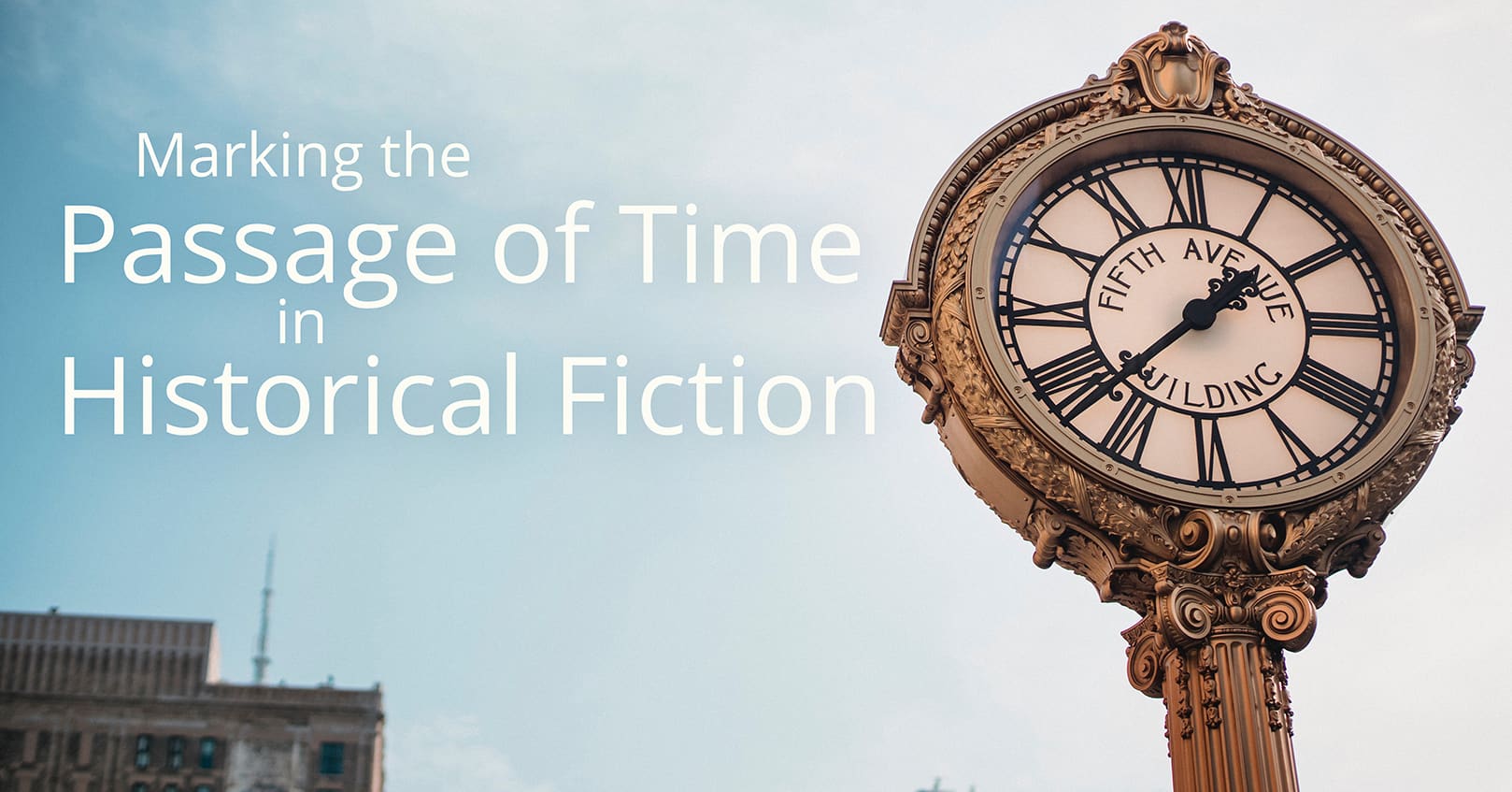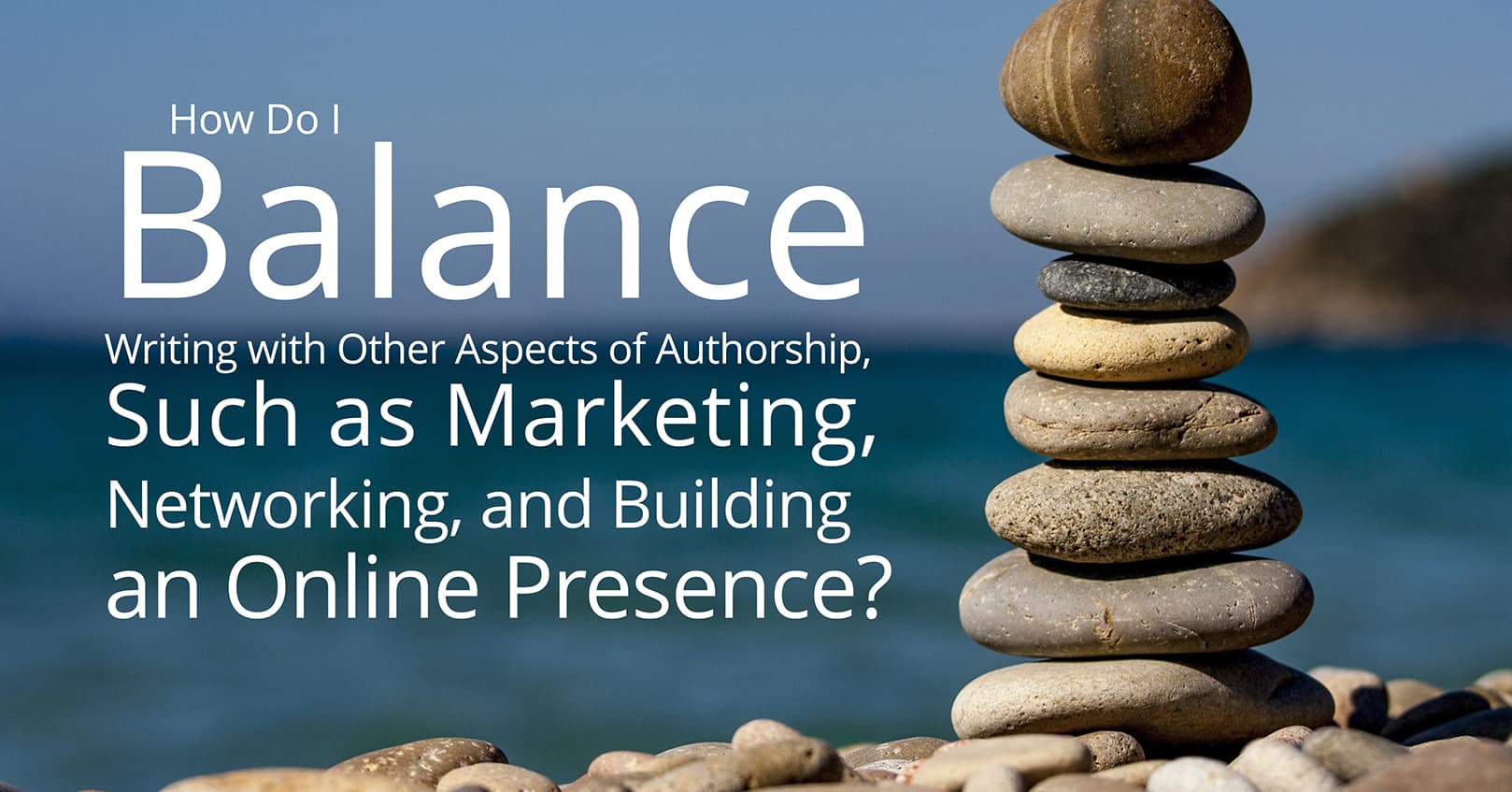
Writing is a journey, and there are always ways for even experienced authors to improve, which ultimately means more sales. Here are 6 tips for becoming a better writer.
1. Keep Writing
You can’t improve if you don’t keep writing. Even if you’re only writing a blog post, a journal entry, or a short story, writing often will keep your skills sharp. Try to write everyday, even if you only end up writing something short. A good way to do this is to schedule time for creative writing and just write.
2. Read Good Writing (and Stay Away from Bad Writing)
We tend to mimic what we write, so only read good writing. Read what sells well and what draws you in. If you find yourself thinking, “That doesn’t make sense,” or “That dialogue sounds stilted,” it may be time to find a different book to read.
3. Learn Grammar and Punctuation
Spend some time learning about basic grammar and punctuation. Even if you are paying an editor (and you should be), being able to self-edit your books before you hand them over to an editor or beta readers will result in better feedback, saving money, and having a closer-to-perfect end product.
For writing a book, I recommend buying The Chicago Manual of Style. For copywriters and journalists, the AP Stylebook is the one you want. Style books are a great reference when self-editing, because they contain grammar, punctuation, and formatting rules.
It’s also a good idea to save the self-editing until your second draft, and then break it up into two stages: substantive editing (plot and structure rewrites) and copy editing or proofing (the grammar and punctuation).
4. Revise, Revise, Revise
In this same vein, it’s important to read your book again and again and revise it. A first draft is usually way too wordy—much can be cut out for the reader to infer through dialogue and the characters’ actions. Rereading your story may lead you to discover plot holes and unanswered questions. You’ll also catch inconsistencies (the character was sitting at the beginning of the scene, but suddenly they’re at a window later, but they never stood up . . .). And of course, you’ll catch grammar and punctuation errors.
One great way to catch those last few typos before publishing is to listen to your book aloud while reading it. The current version of Microsoft Word has two ways to do this. You can read about one way here. This is often the preferred method for authors because it allows them to highlight and listen to a section at a time AND to correct the text while listening.
5. Focus on Showing, Not Telling
No doubt you’ve heard this admonition before. Here are some methods for showing, not telling:
- Write out dialogue instead of summarizing it.
- Avoid -ly adverbs and instead describe action.
- Don’t tell the reader your character is feeling an emotion. If your character is angry, for example, instead describe the anger (face flushing, throat tightening, voice rising, etc.)
- Rather than telling readers what the weather is like, describe the environment.
- Don’t tell the reader your characters’ personalities; show personalities by how characters react to what is going on around them.
- Describe what your characters see, hear, taste, and feel to show the action.
Rewriting for showing instead of telling can be done during one of your revisions.
This being said, telling can still be useful when the information is mundane or routine and is just a means to get to the action. For example, readers don’t care if your character gets up, walks to the closet, pulls out clothes, pulls a shirt over their head, pulls up their pants, and so on. Of course, if the choosing of clothes has some bearing on the plot, then you might describe your character standing in the closet, staring at their clothes.
Telling instead of showing is also good for showing the passage of time, creating transitions, relaying some backstory, and balancing out “showing” passages. This balance of telling and showing can be difficult to achieve, and it’ll take practice and feedback to get it right.
6. Learn a New Skill or Visit Somewhere New
We write what we know, so if you want to write about something interesting, you need to learn about it. Try a new skill, like cooking, sewing, shooting guns or bow and arrows, calligraphy, playing an instrument, painting, gardening, changing a tire, self-defense, country dance, horseback riding, photography, meditation, yoga, a sport, and so on. Or visit some place new; this could be as exotic as different country or much closer to home. Have you done all the “touristy” things that are close to where you live?
Whatever you learn can easily be incorporated into your next book to give your characters more depth.
What advice have you found helpful for becoming a better writer?
















Comments